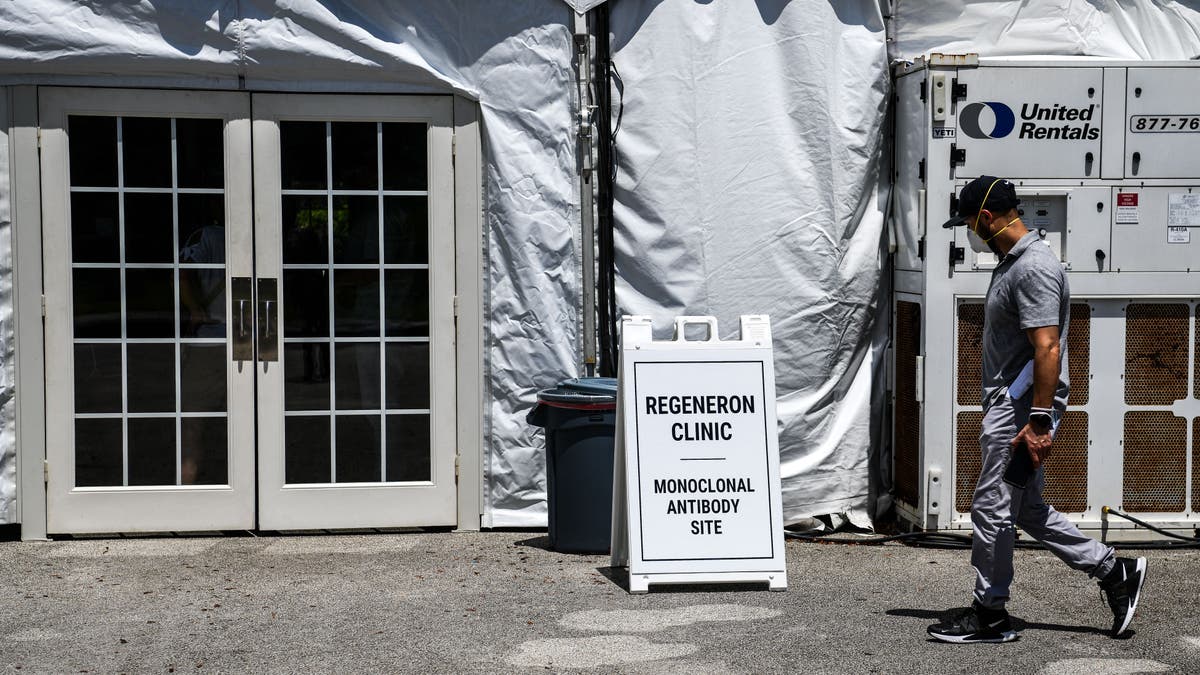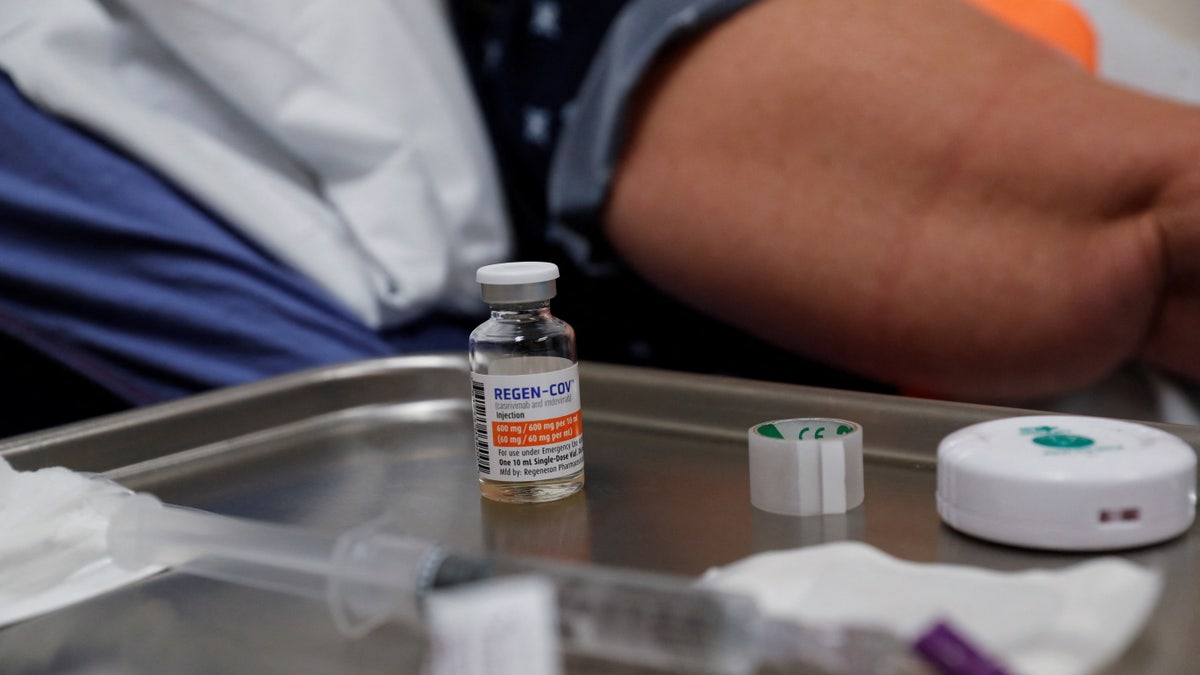Dr. Dan Johnson on hospitals strained by surging COVID cases
Nebraska Medicine Anesthesiologist Dr. Dan Johnson provides insight on ‘Fox News Live.’
SSM Health, a Catholic hospital chain that operates 23 hospitals across the Midwest, has stopped using race as a determining factor for prioritizing COVID-19 treatment, the chain announced Friday after receiving a legal threat from a nonprofit conservative law firm.
Attorneys at the Wisconsin Institute for Law & Liberty (WILL) issued a letter Friday to SSM Health warning that it is illegal to distribute monoclonal antibody products (mAbs) based on race. The letter cited a Dec. 31 email to physicians by SSM Health that referenced a risk scoring calculator, in which non-White patients received a 7-point head start out of 20 total and were therefore more likely to receive life-saving medical treatment over White patients with medically recognized co-morbidities or symptoms, the attorneys argued.
MINNESOTA REMOVES RACE AS A FACTOR FOR COVID TREATMENT ELIGIBILITY AFTER PRESSURE

Nurse Salina Padilla, left, prepares Dr. Prabakar Tummala for Bamlanivimab, monoclonal antibody infusion at Desert Valley Hospital on Thursday, Dec. 17, 2020 in Victorville, California. (Irfan Khan / Los Angeles Times via Getty Images)
"For example, a 50-year-old white female (15 points) suffering from obesity (1 point), asthma (1 point), and hypertension (1 point) would not be eligible for mAbs because she does not receive the 20-point minimum score under the calculator," the letter stated. "On the other hand, an otherwise healthy 50-year-old African-American female (22 points), without any of these health risks, would be eligible."
"The approach taken by your calculator is not only profoundly unethical and immoral, it is illegal," the attorneys argued.
SSM Health, which operates hospitals in Illinois, Missouri, Oklahoma and Wisconsin, said Friday that the calculator referenced in WILL’s letter was outdated and no longer being used.
"While early versions of risk calculators across the nation appropriately included race and gender criteria based on initial outcomes, SSM Health has continued to evaluate and update our protocols weekly to reflect the most up-to-date clinical evidence available," the company said in a statement, the Milwaukee Journal Sentinel reported. "As a result, race and gender criteria are no longer utilized. The internal memo cited by WILL inadvertently referenced an expired calculator."

A man enters the Regeneron Clinic at a monoclonal antibody treatment site in Pembroke Pines, Florida, on Aug. 19, 2021. (CHANDAN KHANNA/AFP via Getty Images)
SSM Health said the calculator was updated before WILL’s letter was received Friday, but it did not specify when, the Sentinel reported.
The hospital chain had said previously that the "ethical justification" for the race-based policy was that "COVID-19 has had a disproportionate impact on low income communities and certain racial/ethnic minorities in the United States," according to the Dec. 31 email obtained by the Washington Free Beacon.

A vial of Regeneron monoclonal antibody sits on a medical table as registered nurse Jessica Krumwiede attempts to find a vein to administer it to Cathy Hardin at the Sarasota Memorial Urgent Care Center in Sarasota, Florida. (REUTERS/Shannon Stapleton)
WILL attorney Dan Lennington responded to SSM Health's announcement Friday, arguing that race should never have been a factor in prioritizing treatment.
CLICK HERE TO GET THE FOX NEWS APP
"We’re encouraged that SSM Health has dropped the racial classifications from their risk-scoring calculator," Lennington said, the Sentinel reported. "But if they updated this calculator before today, we have yet to see any communication to Wisconsin physicians on the matter. We still profoundly disagree with SSM's position that race is an 'appropriate' consideration when treating patients for COVID."
The news comes after Minnesota removed race as a preferential factor regarding which COVID-19 patients will receive monoclonal antibody treatment last week after facing legal pressure.





